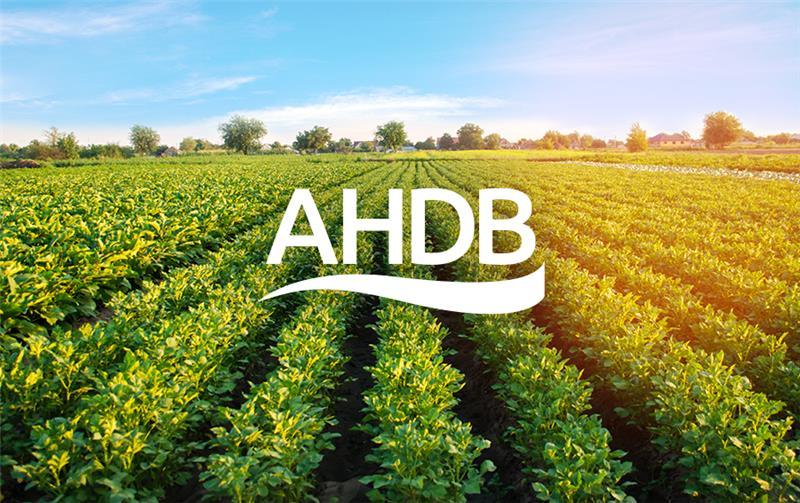AHDB’s latest Horizon report quantifies the potential economic impact of the Australia trade deal on UK agriculture for the first time.
The new report offers in-depth analysis of Australian agricultural production and trade, assessing its potential competitiveness in the UK marketplace, the opportunities for UK agri-food products in the Australian market and how the two countries stack up against each other in terms of size and scale.
The Australia trade agreement is the first the UK has negotiated from scratch, setting the template for a line of new deals currently underway. Aimed at farmers, growers, policy-makers, supply chain businesses and other agri-food stakeholders, the report offers businesses access to the most comprehensive information to help with their future planning.
David Swales, AHDB Head of Strategic Insight, said: “Previous trade deal announcements have all been rollovers of those the UK had access to as part of the EU, effectively maintaining the status quo. There was a limited likelihood of either more domestic competition or overseas export opportunities. In this regard, the UK-Australia deal feels different and a worthwhile focus for our latest Horizon report.
“Trade deals always cause a great deal of debate, with predictions of either untold benefits or devastating impacts. Here at AHDB, we wanted to cut through the speculation and provide evidence-based analysis on the opportunities and risks for our industry.”
In compiling the report, AHDB worked with Harper Adams University to develop a new trade network model to quantify the impact of the deal.
It finds the size and scale of Australian agricultural production means the scope for UK producers to compete at a commodity level is limited.
In the short term, where market factors are unchanged, Australian exports to the UK may be subdued due to more lucrative and rapidly expanding markets closer to home. However, when we factor in the commercial realities of global agricultural supply and demand, as well as domestic policy at a sector level, the risks to the UK agricultural supply chain increase:
For lamb, the model assumes Australia keeps its preferential trading arrangements with China. However, if Australia were to lose these arrangements, then Australian product would emerge onto the world stage and may undercut our domestic market, due to lower costs of production. With the UK a high-income, developed market, it will only increase its attractiveness as a destination for Australian lamb.
For beef, the model finds the impact of the trade deal muted if the world remains constant. Australian beef imports are likely to be in the form of higher value cuts, into the foodservice sector. This is likely to impact the demand for, and price of, domestic high value cuts, and will mean the overall value of domestic carcases will be reduced. However, the forecast expansion of the Australian cattle herd represents a real risk to the UK market. While Australian agriculture is at the mercy of extreme weather variations, an oversupplied Australian market would see far more imports to the UK than we have modelled.
For dairy, as Australia is a net-importer of cheese, the trade deal offers an opportunity for UK exporters when prices are favourable and away from traditional European markets. However, the cyclical nature of Australian production due to weather means this will not be a consistent market as domestic supply and demand changes.
David said: “Australia has built up a diverse portfolio of markets for its agricultural products and is able to meet the requirements of our food safety laws, bringing increased competition to the UK marketplace longer term.”
“Farmers and producers need to prepare for this period of change, which is occurring against the backdrop of our own structural change in farm policy, to enable the UK to compete in a more global setting. Australia might be the first new trade deal the UK negotiated but it certainly won’t be the last.”
It takes months for trade deals to be negotiated, and then many more months and years for the full impact to be felt. However, the Australia deal, and subsequent New Zealand deal announced recently, set a precedent for a more open, globalised UK agricultural market.
“We may not see an immediate impact today or tomorrow from the doors of trade being flung open; yet further down the line changes to trade partners markets have the potential for harmful consequences to our agricultural marketplace,” added David.






